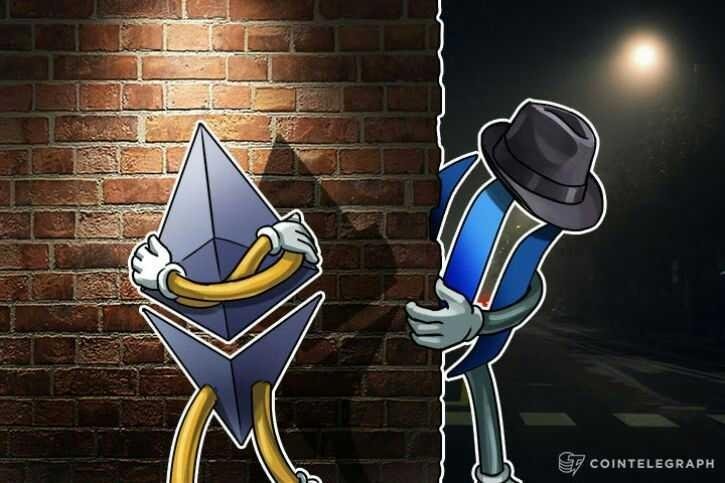Steemit features 3 internal currencies:
STEEM — diluted each year by approx 100%
Steem Power (SP) — vested for 2 years, di luted each year by approx 10%
luted each year by approx 10%
Steem Dollars (SD) — we omit this to simplify things
High dilution rates motivate one to keep all money converted into SP. Steem Power is something that gives the content writer (but not the reader!) benefits. What are they? Let’s first discus how the Steemit platform works.
Key Steemit Features
1 — Content is curated by the community
The content is curated by the community (Content Curators) and filtered to eliminate spam, porn and irrelevant information. Instead of having a special internal team of moderators or automatic spam discovery tools (like Facebook has), this is delegated to the community.
Economic incentives enabled by cryptocurrency can dramatically facilitate the growth of a new social media platform. It is the synergy between cryptocurrency and social media that we believe may give Steemit a powerful advantage in the market.
2 — The content creation is rewarded
The content creator (article/comment) is rewarded with cryptocurrency (i.e. money) that can be exchanged into real USD or into “power” (i.e. rating/ranking in the community)
The reward is calculated by using some weird formulas.
“Any widespread abuse of the scoring system could cause community members to lose faith in the perceived fairness of the economic system”
Reward is vested — this maximises the long-term value of the platform, i.e. reward is taking form of 50% SMD and 50% SP (that can’t be immediately withdrawn).
3 — Influence (rating/ranking)
The more “likes” you get, the more Steem Power you will have on your balance — the more influence you will have
STEEM can be bought freely on the cryptocurrency exchange. It means that you can buy yourself a good starting “influence”.
Individuals who have contributed the most to the platform (as measured by their account balance), have the most influence over how contributions are scored.
4 — Data is open and free
All data is open to the world — others can read and analyse it without using Steemit services. Of course, Steem’s blockchain system is mostly controlled by the Steemit company itself, but at least anyone can participate in decentralization and start his own node.
That is very different from other social networks approaches. There are different options:
Facebook’s approach: Make all data private property of the ‘platform’
Steemit’s approach: Make all data public and let it be ‘community property’
Future’s approach: Keep all data on the user ‘side’ so user has full control and access to it.
Platform Users
These are the Steemit users:
Content creators/curators
Content readers
Investors
Founders
3rd-party analytics services
3rd-party frontends for Steem core
3rd-party applications built on top of the Steem core
Business Model
Cryptocurrency tipping platforms require users to give something up to reward others for their contributions. With Steem, rewarding others is as simple as voting for a post, such as you may do on Reddit, or as you would Like a posting on a Facebook.
There are 5 typical social networks business models:
Freemium: Flickr, Vimeo, LinkedIn
Affiliate/lead-generation: Illuminated Mind, ShoeMoney
This is a model in which a business makes money by driving traffic, leads, or sales to another, affiliated company’s website
Subscriptions: Netflix
Advertisement: MySpace, Facebook
Micropayments (pay-per-read) model: Tsu
In Steemit internal currency is used to:
To reward good contents (because voting and reading are free!)
To buy a rating. The more Steem Power some have — the more influence his posts make. Also, he gets more money from curation. As a result of having a big rating — posts get better visibility.
To pay for decentralization of data — money are sent to witnesses and miners (blockchain nodes) for supporting the network.
Where does the money come from?
Steemit’s intent is — “Readers no longer have to decide whether or not they want to pay something from their pockets, instead they can vote content up or down and Steemit will use their votes to determine individual rewards”.
That means voting is “free” for the voter.
The only source of money that is coming into the system is the money that other content writers invested in. That means that by upvoting some post you redistribute OTHER’s money (writers, not readers
Hi! I am a robot. I just upvoted you! I found similar content that readers might be interested in:
https://medium.com/chain-cloud-company-blog/platforms-pt-2-there-is-no-free-money-on-steemit-and-golos-40152d418723